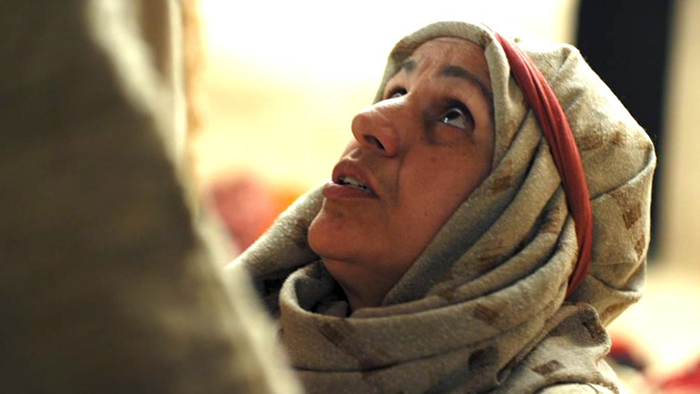
Fr. Rolheiser challenges us to see a God of all and not a God of just “us.” He writes that he believes that we are standing today as Christians, on new borders in terms of relating to other religions, not least to our Islamic brothers and sisters. The single most important agenda item for our churches for the next fifty years will be the issue of relating to other religions, Islam, Hinduism, Buddhism, Taoism, Indigenous Religions in the Americas and Africa, and various forms, old and new, of Paganism and New Age. Simply stated, if all the violence stemming from religious extremism hasn’t woken us yet then we are dangerously asleep. We have no choice. The world has become one village, one community, one family, and unless we begin to understand and accept each other more deeply we will never be a world at peace. Our God calls us to recognize and welcome all sincere believers into our hearts as brothers and sisters in faith. Jesus makes this abundantly clear most everywhere in his message, and at times makes it uncomfortably explicit: Who are my brothers and sisters? It is those who hear the word of God and keep it. … It is not necessarily those who say Lord, Lord, who enter the Kingdom of Heaven but those who do the will of God on earth. Who can deny that many non-Christians do the will of God here on earth? But what about the extremism, violence, and perverse expressions of religion we frequently see in other religions? All religions are to be judged, as Huston Smith submits, by their highest expressions and their saints, not by their perversions. This is true too for Christianity. We hope that others will judge us not by our darkest moments or by the worst acts ever done by Christians in the name of religion, but rather by all the good Christians have done in history and by our saints. This may come as a surprise to some but, in fact, the dogmatic teaching of the Roman Catholic Church is that sincere persons in other religions can be saved without becoming Christians, and to teach the contrary is heresy. This is predicated on an understanding of the God whom we worship as Christians. The God whom Jesus incarnated wills the salvation of all people and is not indifferent to the sincere faith of billions of people throughout thousands of years. We dishonor our faith when we teach anything different. All of us are God’s children. There is in the end only one God and that God is the Father of all of us – and that means all of us, irrespective of religion.
